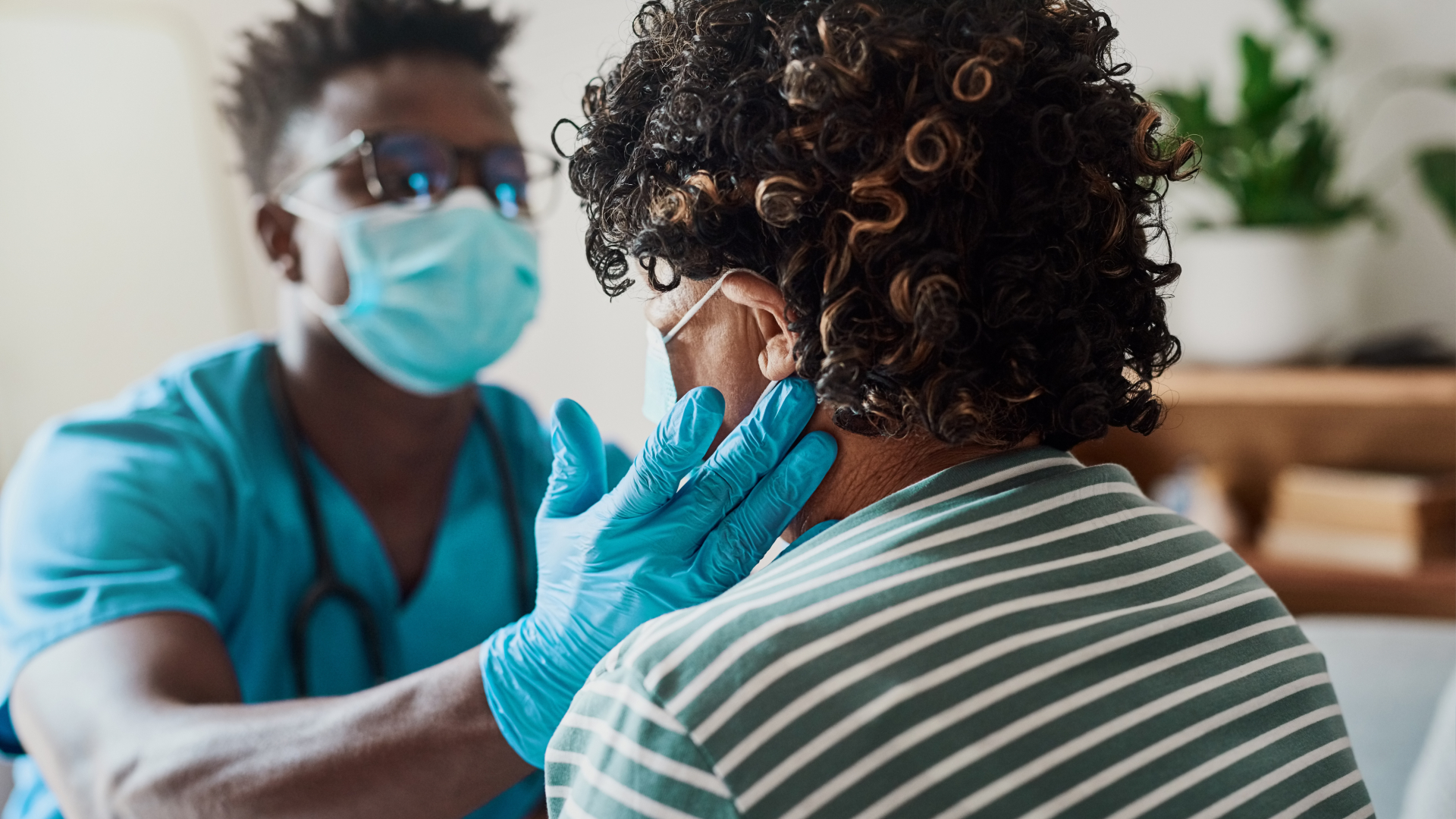Atrium Health issued the following announcement on Sep 10.
The Department of Oral Medicine, which is a part of the Surgery Care Division at Atrium Health, earned a three-year, $3.9 million grant from the National Institutes of Health (NIH) to continue its study of oral complications experienced by head and neck cancer patients. This grant will fund the second phase of Observational Study of Dental Outcomes in Head and Neck Cancer Patients (ORARAD), which has offered a clearer understanding of long-term oral complications in these patients, as well as interventions to reduce them.
Atrium Health is the leading organization of this study, with enrolled sites that include Harvard University, University of Pennsylvania, University of North Carolina - Chapel Hill, New York University and University of Connecticut. The co-principal investigators of this study are Michael Brennan, DDS, MHS, Chair of Department of Oral Medicine of Atrium Health, and Rajesh Lalla, DDS, PhD, professor and associate dean for research at the University of Connecticut.
Atrium Health is one of five sites in the United States and Canada currently providing this innovative treatment option for head and neck cancer patients.
“This is the first multi-site, prospective study in the world of oral complications of head and neck cancer radiation treatments,” Dr. Brennan. “This has never been done before.”
Radiation therapy for head and neck cancers can cause irreversible damage, including the loss of salivary flow. Saliva helps prevent plaque, as well as bacterial, viral and fungal infections, in the mouth. When head and neck cancer patients lose their saliva, dental health can suffer. If a patient needs to have a tooth removed following radiation treatment to the head or neck, they have an increased risk for osteoradionecrosis, which can cause bone death and lead to infection and a fractured jaw.
During the first phase of the grant, the study followed 572 enrolled patients for two years following radiation treatment for head and neck cancer to assess the frequency of dental complications and to identify the risk factors associated with these complications. The study showed that daily brushing and prescription fluoride were the most effective ways to maintain good oral health following radiation treatment.
During the second phase of the study, Dr. Brennan and Dr. Lalla will return to the original cohort to evaluate how these patients are doing, seven years after their radiation treatment. The goal is to learn more about long-term complications and how to minimize those as well.
“This second phase will help us understand quality-of-life issues, as well as barriers to care that people face. This will help us find out how we can improve the care of our patients and learn what we can modify to prevent complications from happening,” Dr. Brennan says.
The study highlights the close collaboration between the Department of Oral Medicine and the head and neck cancer team at Atrium Health Levine Cancer Institute. Each Friday, the teams – including radiation oncology, medical oncology, surgical oncology and dentistry – meet to discuss patients and their treatment plans. The close collaboration has also led to another first-ever study between the teams, in which oncologists place fluoride in patients during follow-up appointments. This practice, based on findings from the first phase of the NIH study, will help prevent common dental problems following cancer therapy and allow for the identification and referral of patients with dental problems (e.g. decay and infection) earlier. This can help improve quality of life and minimize costs for patients.
The team at Atrium Health is also enrolling patients into a gene therapy study to help get saliva back to patients who have lost it due to radiation treatments. Atrium Health is one of five sites in the US currently providing this innovative treatment option for head and neck cancer patients.
“People are living longer after cancer. We’re doing our best to improve quality of life and minimize complications down the road for these patients,” Dr. Brennan says. “We’re turning into a destination for patients across the country with head and neck cancer because we are a leader in new, cutting-edge treatments.”
Original source can be found here.

Source: Atrium Health





 Alerts Sign-up
Alerts Sign-up